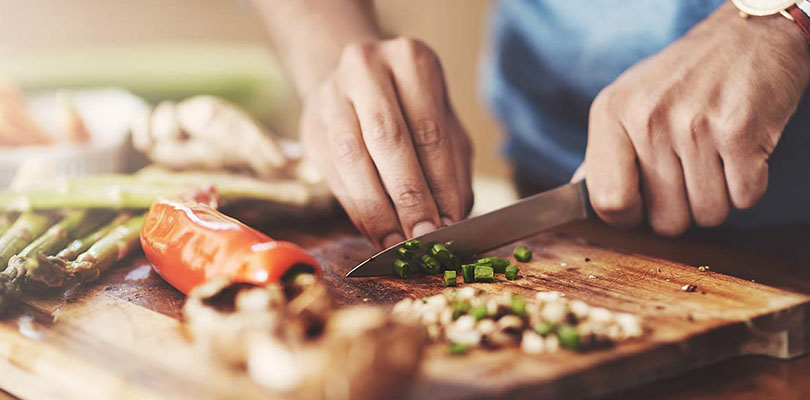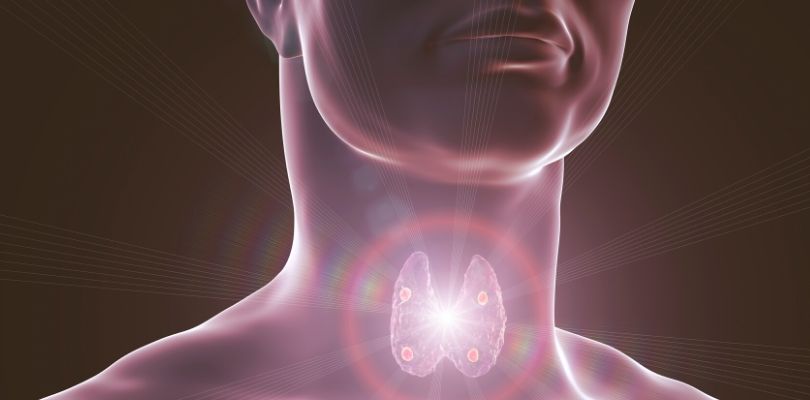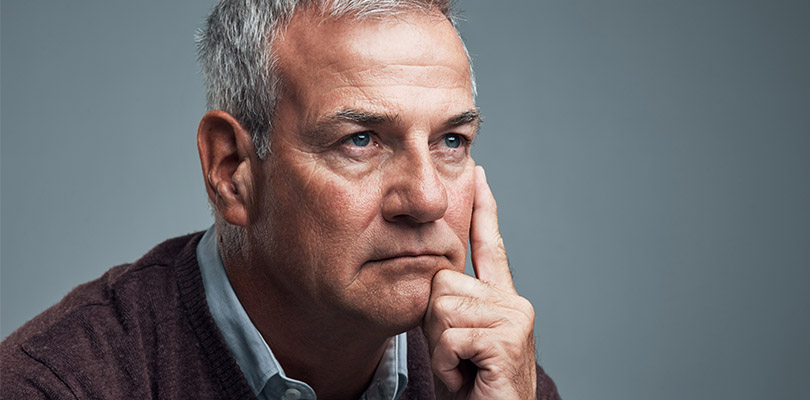
Photo Credit: michaeljung / iStockPhoto.com
Struggling to Lose Weight
I, like countless others, can personally attest that losing weight is challenging. While many of us are struggling to lose weight, the reasons why we have such a difficult time losing weight vary. You may already know why you you’re struggling, but there are some factors you might not be aware of that are keeping the pounds on.
Let’s take a look at the many factors that make weight loss a challenge. Some are things that can be changed, while others are simply facts of life.
1. Your Age
It probably comes as no surprise to you that losing weight is harder as we grow older. Most of us are not as active as we were at 20. We often have more pounds to lose and our metabolic rates may have slowed a bit. Age can make a difference and it’s not something we can change. What we can do is be patient and persevere. Usually, as we mature, we get better at both.
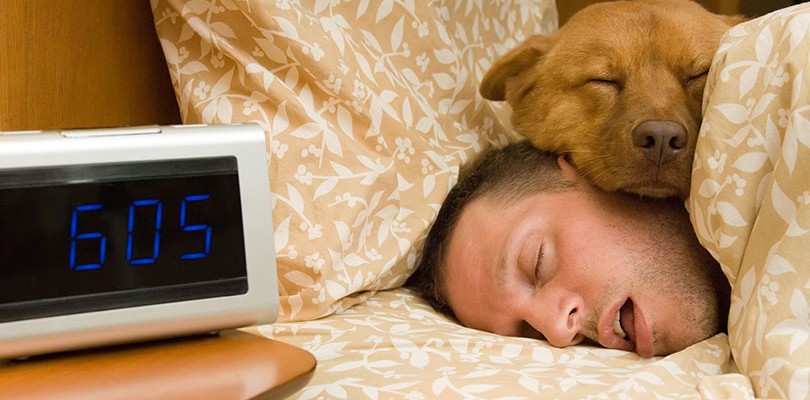
Photo Credit: WebSubstance / iStockPhoto.com
2. You’re Tired
Talk about a catch-22! You are tired because you have put on a few extra pounds and now you want to lose the excess pounds but fatigue is interfering with weight loss. That hardly seems fair! Fortunately, you can take steps to diminish fatigue and aid weight loss.
Look at your life. Are you getting enough sleep? Are you spreading yourself too thin? (Pun intended.) Identify what’s making you tired and take action.

Photo Credit: eelnosiva / iStockPhoto.com
3. You Don’t Move Enough
While it is possible to lose weight without engaging in an exercise program, it surely is a lot harder. The basic formula for weight loss is to expend more calories than you take in. Exercise burns calories, and the result is faster weight loss. Additionally, when you exercise, your metabolic rate stays elevated for several hours after you finish exercising. This means that you continue to burn calories more efficiently.
Exercise is a necessary part of a healthy lifestyle. In addition to boosting your ability lose weight, exercise will maximize your health and appearance. If you don’t exercise now, start moving! If you do exercise, you may need to change up your routine. Try some interval training, as it can be a very effective aid to weight loss.
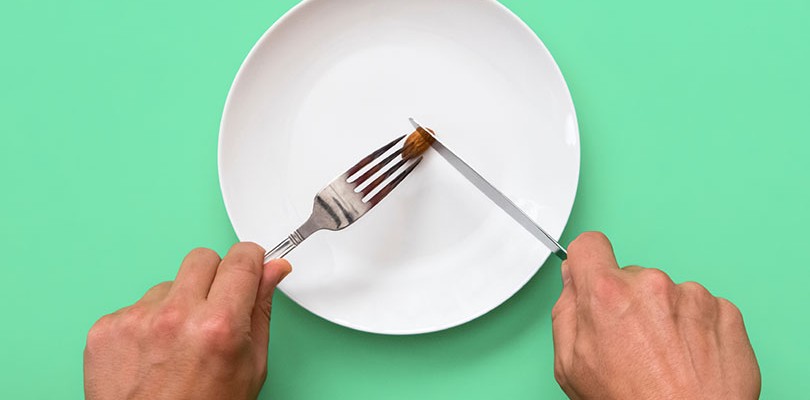
Photo Credit: MariuszBlach / iStockPhoto.com
4. Your Calorie Count is Too Low
When you lose weight, you need to ensure that you are taking in an adequate number of calories. Strict, very low calorie diets can work for short periods of time, especially if you only want to take off a few pounds. However, sustained very low calorie diets are not healthy. Your body has a set point for weight. The set point is a safety feature designed to keep you well.
Here is an example of how the set point in your body works. Suppose you weigh 160 pounds and you quickly lose 15 pounds. You now weigh 145 pounds. Then, your body’s set point remains at 160 pounds for a while. Your body essentially goes into starvation mode. This means that your body holds onto pounds because it perceives the weight loss as starvation. In time, your body adapts to a new set point at 145 pounds. It just needs time to catch up and ensure that no harm is resulting from the weight loss. If you do not consume enough calories, your body is more likely to perceive weight loss as starvation. If you are a vigorous exerciser, you may not be taking in enough calories to compensate for your level of activity. This can also prevent you from losing weight.
The set point is what causes dieter to plateau. If you are dieting and fail to lose weight for a couple of weeks, determine whether or not you are consuming enough calories. Consider your activity level. If you need to eat more, increase your caloric intake by 200 calories per day. See if you begin to lose weight within a couple of weeks. If you do, you will know that you were not eating enough.
If you know that you are consuming enough calories, simply be patient. Your body’s set point will readjust.
What is a diet? Diet is a broad term that is meant to describe foods we put into our bodies. Learn more about diet and nutrition here.
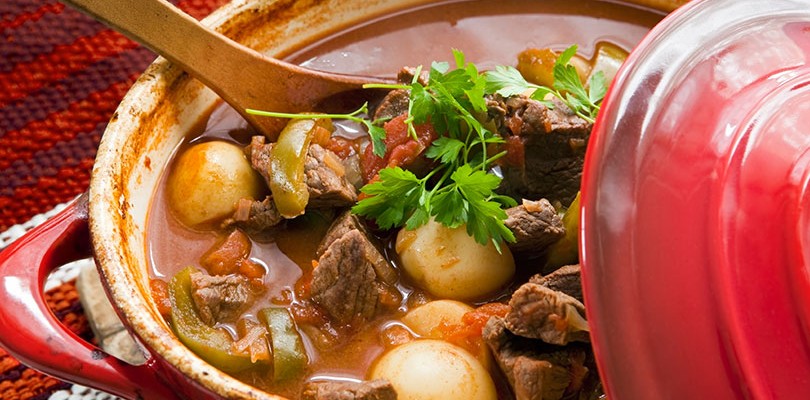
Photo Credit: robynmac / iStockPhoto.com
5. Your Serving Sizes Are Too Large
I am always amazed at how small portions are compared to how I envision them. Consider purchasing an inexpensive scale and weighing your foods. After a short while, you will get better at estimating portion size. Check yourself now and then though, as those portion sizes on your plate may just begin to creep back up. Another good trick is to trade in your large dinner plate for a smaller one.
A one-ounce portion of cheese is one inch square. A serving of meat or fish is the size of a deck of cards. Learn what portion sizes are and stick to the recommended portions. Have a brothy low fat soup or a large salad if you are still hungry.
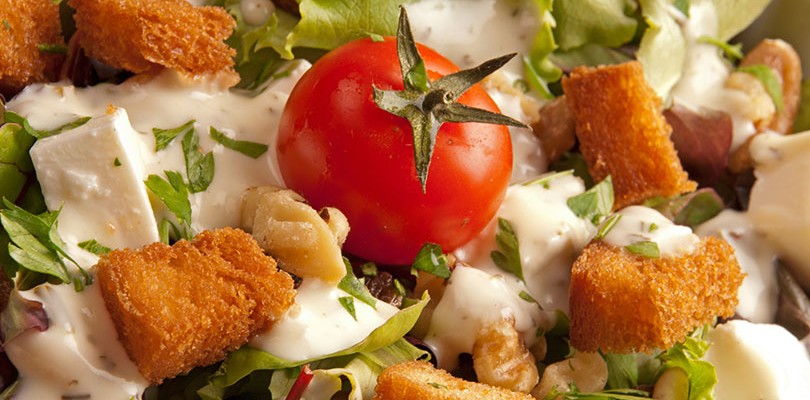
Photo Credit: OlafSpeier / iStockPhoto.com
6. You’re Adding Extra Calories to Healthy Foods
You can eat the healthiest, lowest calorie foods in the world and still fail to lose weight of you are preparing them improperly. If you decide to fry up some low calorie greens in bacon fat or even a healthy oil you are going to turn those healthy greens into a fatty, calorie-laden dish. A teaspoonful of oil or fat is a serving. Avoid deep frying completely, and limit other types of frying significantly. Use a spray oil or prepare foods without added oil. Bake, broil, steam, grill, or roast cooked foods.
Many people who are dieting fill up on salads, yet load them with greasy dressings and other calorie-laden toppings. Choose your salad ingredients carefully. Pay attention to information on the back of product labels, as many condiments and processed foods contain large amounts of oils or sugars.
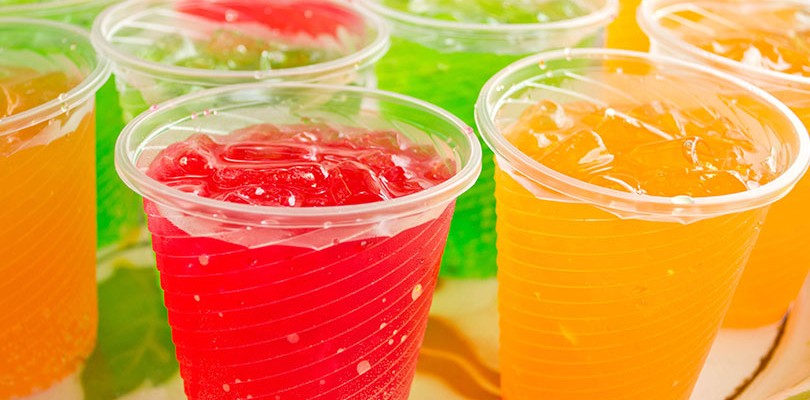
Photo Credit: Thanamat / iStockPhoto.com
7. You’re Drinking the Wrong Beverages
Keep your beverages simple. Juices are high in calories. Dilute them with some carbonated water for a tasty, lower calorie treat. Pay attention to calorie counts on products at gourmet coffee shops. They are often high calorie beverages. At fast food restaurants, stay away from milkshakes. They often contain more calories than you need to consume in an entire day.
Avoid drinking sodas and other drinks that contain artificial sweeteners. Studies show that people who drink artificial sweeteners lose weight at slower rates than those who do not consume them. Alcoholic beverages contain empty calories. Both alcohol and coffee can cause you to retain fluid, resulting in weight gain.
Instead of these beverages, fill up on lots of water each day. It well help you to feel full, keep you hydrated, and flush toxins from your body.

Photo Credit: lzf / iStockPhoto.com
Don’t Give Up!
Even if you’re struggling to lose weight, with perseverance it will come off. Enjoy the journey. You are taking charge of your life, getting heathier, feeling energized and looking better despite the obstacles you face. Congratulations!
Measles can begin with a fever, cough, runny nose, sore throat, and red eyes. Here's what other measles symptoms to look out for.

